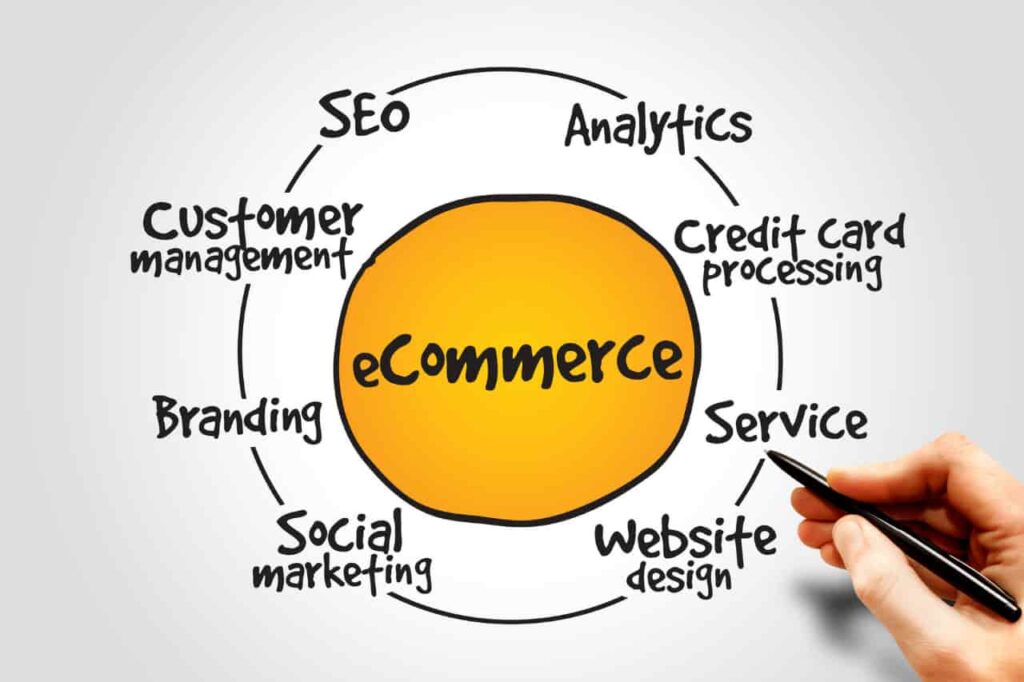In the dynamic world of online entrepreneurship, Do-It-Yourself (DIY) e-commerce platforms have emerged as a revolutionary solution for individuals looking to launch and manage their own online stores without the need for extensive technical expertise.
These platforms empower entrepreneurs to take control of their online business journey, offering a range of user-friendly tools and features to simplify the process.
User-Friendly Interface
At the heart of DIY e-commerce platforms is a user-friendly interface that caters to individuals with varying levels of technical proficiency.
These platforms typically feature intuitive drag-and-drop builders, easy-to-navigate menus, and straightforward customization options, allowing entrepreneurs to create and modify their online stores effortlessly.
With no coding skills required, the barrier to entry is significantly lowered, enabling anyone with a vision to turn it into a reality.
Customization Capabilities:
A hallmark of DIY e-commerce platforms is their emphasis on customization. These platforms provide entrepreneurs with the freedom to personalize their online stores to reflect their brand identity.
From choosing color schemes and fonts to modifying layouts and product displays, the level of customization available ensures that each online store is unique and tailored to the business owner’s preferences.
Cost-Effectiveness:
Traditional e-commerce development can be a costly endeavor, involving expenses related to hiring web developers, designers, and ongoing maintenance.
DIY e-commerce platforms, however, offer a cost-effective alternative. With affordable subscription plans and often no need for additional web development resources, entrepreneurs can allocate more of their budget towards marketing, product development, and other critical aspects of their business.
Quick Setup and Launch:
Time is of the essence in the fast-paced digital landscape, and DIY e-commerce platforms recognize the need for swift setup and launch.
Entrepreneurs can leverage pre-designed templates and user-friendly tools to create a fully functional online store in a matter of days, if not hours.
This rapid deployment allows businesses to start generating revenue and building their online presence without unnecessary delays.
Integrated E-commerce Features:
DIY e-commerce platforms come equipped with a comprehensive set of integrated features that cover essential aspects of online business management.
From secure payment gateways and inventory management tools to shipping integrations and marketing functionalities, these platforms provide a one-stop solution for entrepreneurs to handle various aspects of their e-commerce operations seamlessly.
Community Support and Resources:
Entrepreneurs venturing into the world of DIY e-commerce often find themselves part of a vibrant community.
Many platforms offer forums, tutorials, and extensive documentation where users can seek advice, share experiences, and troubleshoot issues.
This sense of community support contributes to a collaborative atmosphere where individuals can learn from each other and grow their businesses together.
Conclusion:
DIY e-commerce platforms represent a democratization of online business ownership, enabling individuals with a passion for entrepreneurship to bring their ideas to life.
With their user-friendly interfaces, customization capabilities, cost-effectiveness, and integrated features, these platforms empower entrepreneurs to take control of their destinies in the digital marketplace.
As the demand for accessible and efficient e-commerce solutions continues to rise, DIY e-commerce platforms stand as a testament to the democratization of online entrepreneurship.

